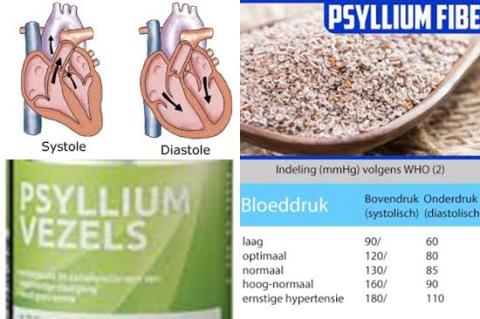
Objectives:
Dietary fiber intake, especially viscous soluble fiber, has been established as a means to reduce cardiometabolic risk factors. Whether this is true for blood pressure remains controversial. Therefore, this review article (meta-analysis) has been conducted.
Does viscous soluble fiber supplementation reduce cardiovascular disease risk?
Study design:
This review article included 22 (n = 1430) and 21 RCTs (N = 1343) for systolic blood pressure (SBP) and diastolic blood pressure (DBP), respectively.
5 types of viscous fiber supplementation were β-glucan from oats and barley, guar gum, konjac, pectin and psyllium.
Results and conclusions:
The investigators found viscous soluble fiber supplementation significantly reduced systolic blood pressure [MD = -1.59 mmHg, 95% CI = -2.72 to -0.46, I2 = 72%, p 0.01] and diastolic blood pressure [MD = -0.39 mmHg, 95% CI = -0.76 to -0.01, I2 = 67%, p 0.01] at a median dose of 8.7 g/day (1.45-30 g/day) over a median follow-up of 7-weeks.
The investigators found within the five fiber types, systolic blood pressure reductions were observed only for supplementation using psyllium fiber [MD = -2.39 mmHg, 95% CI = -4.62 to -0.17].
The investigators concluded 8.7 g/day viscous soluble fiber supplementation, particularly psyllium fiber during 7 weeks reduces systolic blood pressure (SBP) and diastolic blood pressure (DBP). Therefore, inclusion of viscous fiber to habitual diets may have additional value in reducing cardiovascular risk via improvement in blood pressure.
Original title:
The effect of viscous soluble fiber on blood pressure: A systematic review and meta-analysis of randomized controlled trials by Khan K, Jovanovski E, […], Vuksan V.
Link:
https://www.ncbi.nlm.nih.gov/pubmed/29153856
Additional information of El Mondo:
Find more information/studies on fiber consumption, hypertension and cardiovascular diseases right here.